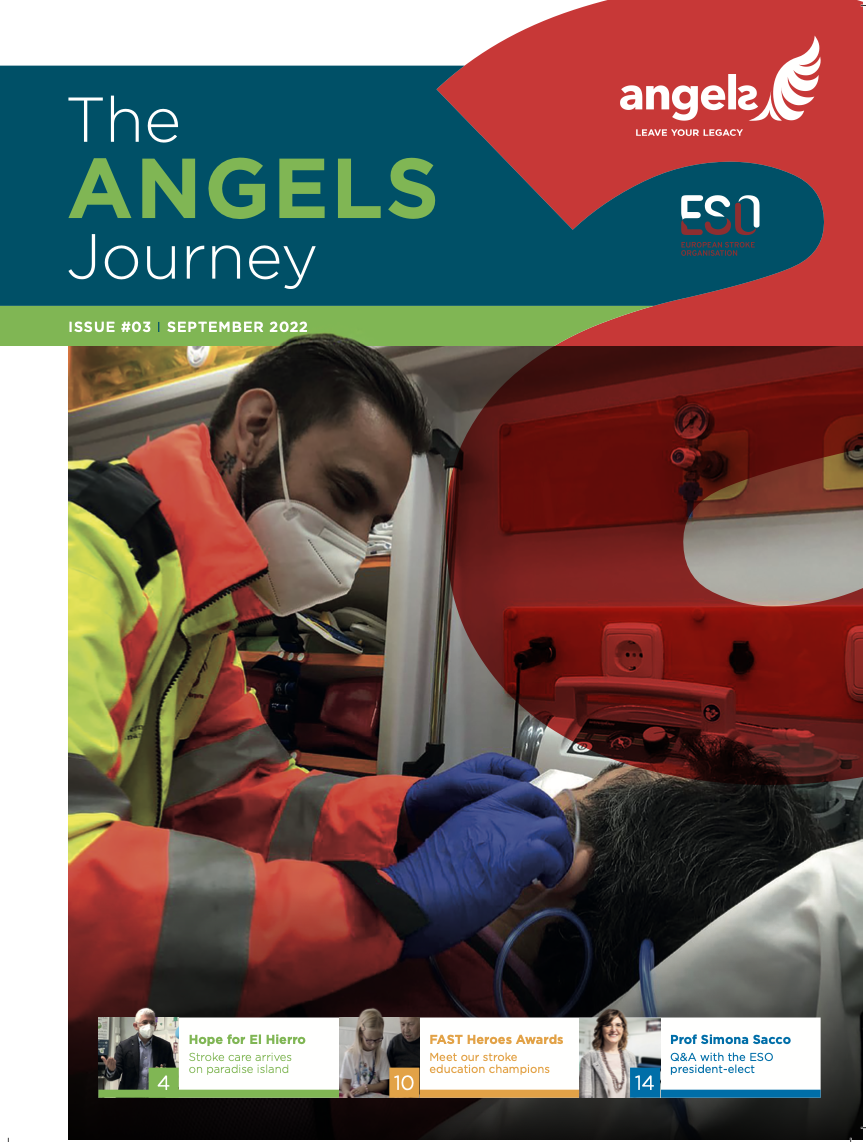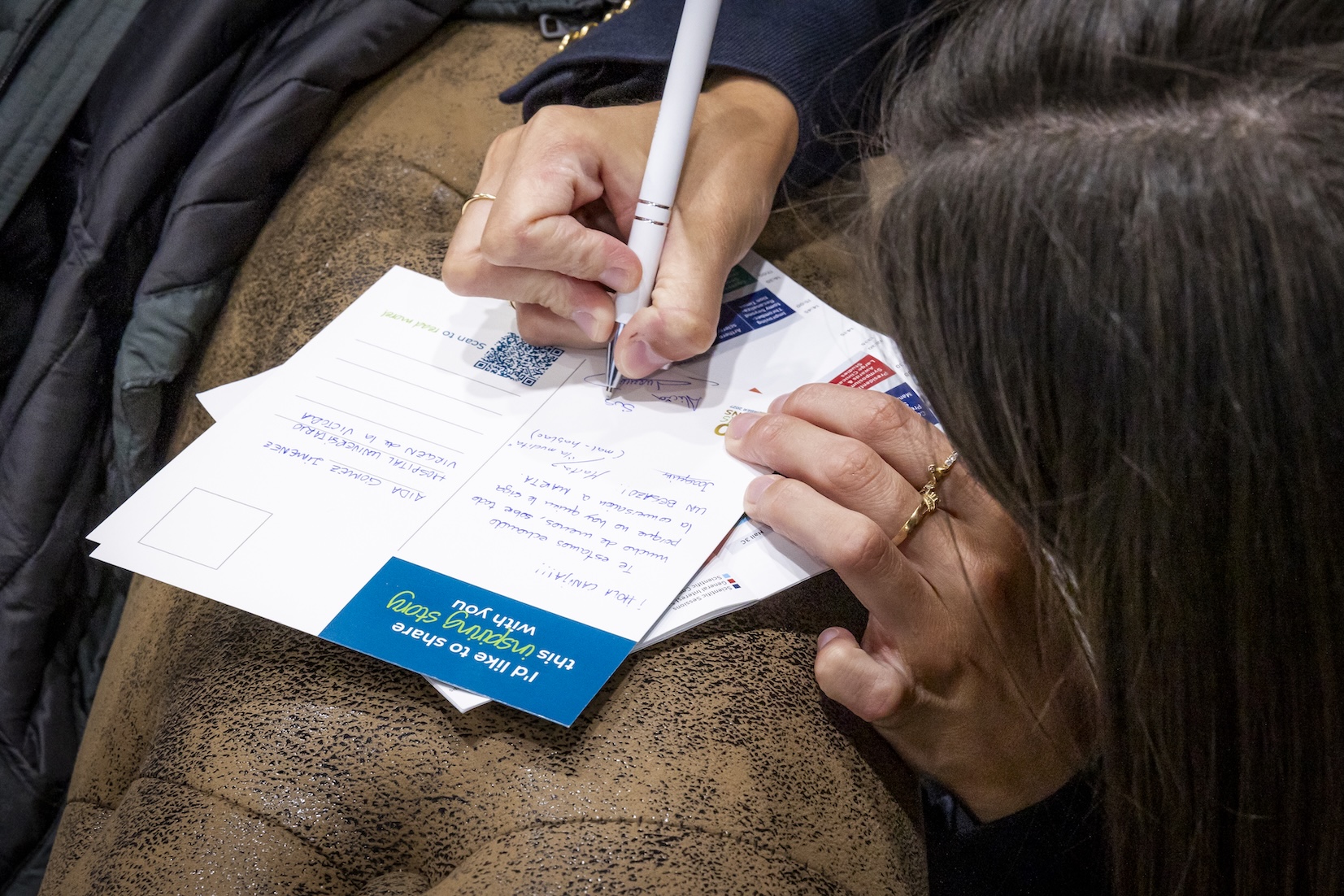
Za posledných pár rokov nás mnohí ľudia inšpirovali vášňou a riešením, ktoré preukazujú v prospech svojich pacientov. Často nám však bolo pripomenuté, že zlepšenie starostlivosti o cievnu mozgovú príhodu nemôže byť len prácou skvelých a vášnivých jednotlivcov. Keď je vaším cieľom zmeniť svet, potrebujete viac než len šikovných, starostlivých ľudí – potrebujete kmeň.
Úspech spoločnosti závisí od jej kmeňov. Sila jeho kmeňov je určená kmeňovou kultúrou, napíšte Dave Logan, John King a Halee Fischer-Wright do knihy o kmeňovej kultúre, ktorá je založená na ich 10-ročnej štúdii s 24 000 ľuďmi vo viac ako 2 desiatkach organizáciách. Vo svojom najpredávanejšom kmeňovom vedení opisujú päť fáz kmeňovej kultúry, ktoré pomáhajú alebo bránia nášmu pokroku v dosahovaní našich cieľov.
Kmene v prvej fáze sú nepriateľské a dysfunkčné, ich postoj sa zhrnul myšlienkou, že „život sa nasáva“. Väzenské gangy sú jedným z kmeňov, ale nájdete ich aj v civilnom živote, kde môžu vytvárať škandály, ukradnúť ich zamestnávateľom alebo sa vyhrážať násilím.
Dve etapy kmeňov sa zvyčajne nachádzajú v nízkovýkonných organizáciách alebo v nefunkčných vládnych oddeleniach. Veria aj tomu, že život sa nasáva – ale len pre nich. Ostatní si myslia, že sú lepší ako oni. Často sarkastický a pasívne antagonista, na ktorých sa možno spoľahnúť, že odolajú novým riadiacim iniciatívam.
Tretia fáza je miestom, kde je možná určitá úroveň úspechu. Tri etapy kmeňov tvoria 49 percent populácie a zvyčajne sa skladajú z inteligentných, motivovaných ľudí pracujúcich v prostrediach, ktoré odmeňujú individuálne úsilie. „Som skvelý,“ členovia troch kmeňov fázy veria, ale tiež si myslia, že by dosiahli oveľa viac, keby boli obklopení ľuďmi, ktorí boli rovnako obdarovaní. Túžia po úspechu, ale čoskoro dosiahnu sklenený strop – pokiaľ sa nemôžu posunúť od skvelých jednotlivcov k skvelým tímom.
Štvrtá etapa kmeňa si cení tímovú prácu a kreativitu. Nahradili jazyk „Som skvelý“ myšlienkou, že „Sme výborní“. Tu si talentovaní jednotlivci uvedomujú, že môžu dosiahnuť viac, keď spolupracujú. Do tejto fázy sa dostane len približne 22 percent kmeňov.
Ak chcete ochutnať skutočný úspech, potom je štvrtá fáza tým správnym miestom. Ak však chcete zmeniť svet, musíte sa snažiť stať sa päťstupňovým kmeňom. Len asi 2 % kmeňov dosiahne túto fázu, ale keď sa tak stane, menia svet. Piatimi etapami sa skladajú z vysoko inteligentných ľudí, ktorí sa posunuli až za tri etapy a uvedomili si, že tímovou prácou môžu dosiahnuť viac. Ale čo ich odlišuje od štvrtého stupňa, je, že všetci veria vyššiemu cieľu. Tento účel ich poháňa zmeniť svet.
Podľa Logana a kol. existujú dva dôležité faktory, ktoré umožňujú kmeňom prejsť zo štvrtého do piateho stupňa – identifikovať a využiť základné hodnoty a zosúladiť ich na ušľachtilú príčinu. Píšu: „Všetko ostatné, čo kmeň robí, by sa malo medzi tieto konštrukcie zavesiť. Projekty, aktivity, iniciatívy, procesy – pokiaľ nie sú poháňané hodnotami a dosahované smerom k kmeňovej vízii – by sa mali buď prehodnotiť, kým nebudú v súlade s týmito hlavnými zásadami, alebo by sa nemali prehodnotiť. Podľa definície, základné hodnoty a ušľachtilá príčina nemôžu byť nikdy „odškrtnuté“ spôsobom, akým spoločnosti dokončia inováciu na počítačovú technológiu.“
V najnovšom vydaní The Angels Journey si môžete prečítať, ako sa trojstupňový kmeň stal štvrtým štádiom na malom sopkovom ostrove El Hierro, keď sa zosúladili základné hodnoty a všetci prijali novú ušľachtilú príčinu. V práci v nemocnici Péterfy Hospital v centre Budapešti môžete vidieť ďalší štvrtý stupeň, v ktorom viera v tímovú prácu pomohla lekárom udržať si kvalitu starostlivosti aj v tých najnáročnejších podmienkach.
Neexistuje lepšia lekcia o základných hodnotách ako v našom reporte o prvom udeľovaní cien FAST Heroes. Elbieta Januszkiewicz z Poľska ako jedna z našich čestných sestier povedala: „Program FAST Heroes umožňuje deťom zažiť hodnoty, ktoré v nich chceme povzbudzovať. Dozvedia sa, že zdvorilosť, pomoc ostatným, získanie vedomostí a ich zdieľanie sú „superschopnosti“, ktoré by mohli zachrániť niečí život alebo zdravie.“
Ušľachtilá príčina poháňa Dr. Claudia Jiméneza, neurológa v nemocnici Simón Bolívar Hospital v Bogote, ktorý nám hovorí: „Keď konečne pochopíme, že vzájomnou spoluprácou... dosiahneme oveľa viac ako centrum excelentnosti v neurológii – potom vybudujeme miesto, ktoré je naše a patrí každému.“
Záväzok zjednodušiť tento komplex je kľúčovou hodnotou v spoločnosti Angels – a bolo by pre vás ťažké nájsť lepší príklad ako v našom príbehu o prenotifikácii v Poľsku.
Tiež sa rozprávame so zvolenou ESO Simonou Saccoo jej vízii v oblasti starostlivosti o mozgovú príhodu v Európe a predstavujeme dvoch nových členov nášho kmeňa. Takzvané Baby Angels Inês Carvalho (Portugalsko) a Eleni Panoutsopoulou (Grécko) zdieľajú svoje myšlienky o prvých mesiacoch ako Anjelskí konzultanti.
Vaše príbehy o zmene, ktoré je pre nás privilégiom zdieľať, nás tiež menia. Je to súčasť vášho úspechu, ktorá vedie k lepším výsledkom pre pacientov – účel, ktorý poháňa náš kmeň k zmene sveta.





